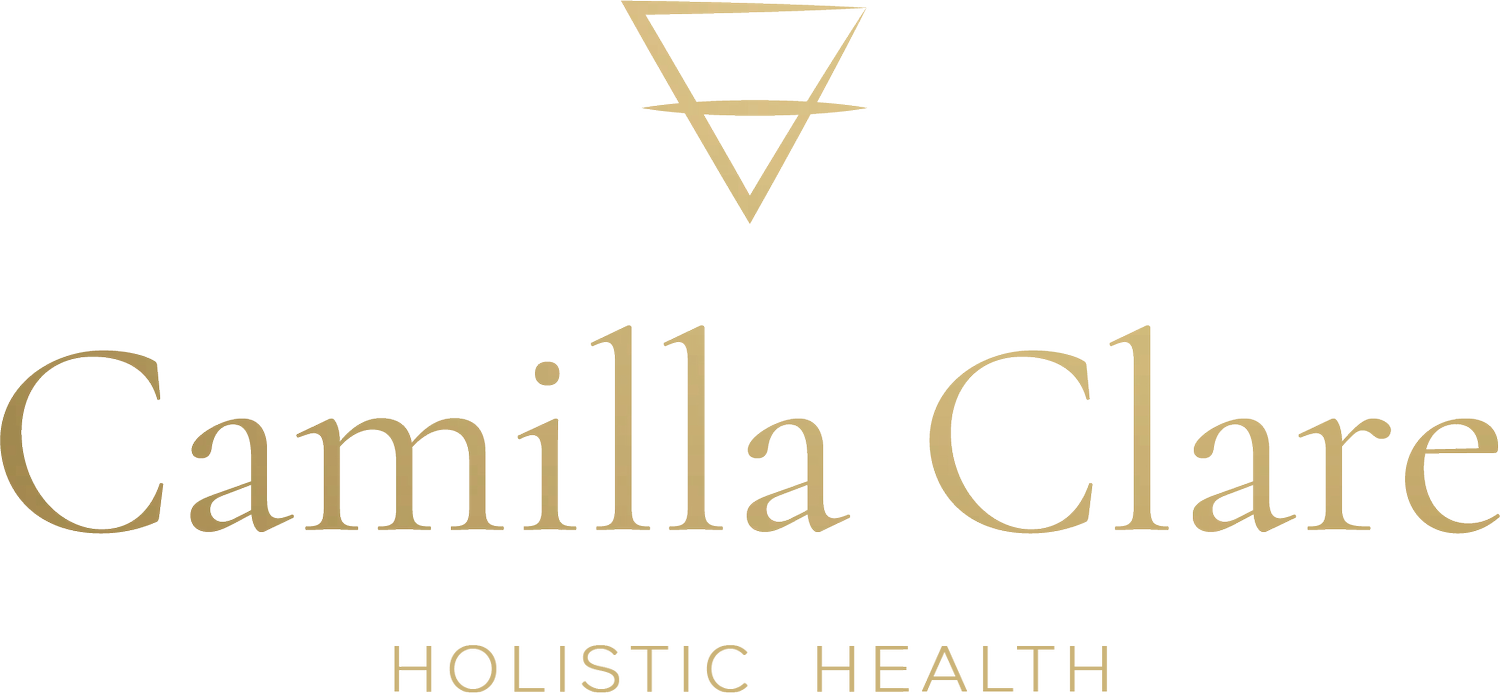Healing Attachment Wounds Through Family Constellations Therapy
How ancestral and systemic patterns shape love, relationships, and emotional connection.
Why Love Often Feels So Hard
In today’s world, discussions about attachment styles are everywhere. Whether you identify as anxious, avoidant, or somewhere in between, you may have asked:
Why do I keep attracting the same kind of partner?
Why does love still feel unsafe, even after all my self-awareness?
Attachment theory teaches that our earliest caregiver bonds form the foundation for adult connection. Yet what if those foundations extend beyond personal experience — carrying emotional imprints from generations before?
This is where Family Constellations Therapy offers a transformative perspective. It shows that the way we love, cling, or withdraw isn’t merely psychological — it often echoes the unresolved pain of our wider family system.
The Invisible Family Blueprint
Developed by Bert Hellinger, Family Constellations rests on the understanding that we are connected to our family of origin not only through genetics but also through emotional and energetic bonds.
Within this family field, unprocessed trauma, grief, and exclusion can pass silently from one generation to another.
A woman afraid of abandonment might carry her grandmother’s grief over a lost child.
A man who fears commitment may be loyal to a father who was emotionally distant.
These unconscious loyalties shape our attraction patterns and conflicts. Constellation work brings such hidden dynamics into view so they can be acknowledged and released.
Attachment Through a Systemic Lens
Attachment theory outlines four primary styles:
Secure: feels safe and connected
Anxious: seeks reassurance
Avoidant: fears vulnerability
Disorganised: craves closeness but fears it simultaneously
Family Constellations adds a deeper layer: What happened before you were born?
Was there a loss, secret, or exclusion that shaped your parents’ emotional capacity?
When parents carry unresolved trauma, they may be physically present but emotionally absent. The child adapts, forming an attachment style that serves as a survival mechanism — responding not only to their parents but also to the ancestral field behind them.
Healing in the Field
A Family Constellation session begins with an intention, such as:
“I want to understand why I attract unavailable partners.”
Representatives (people or objects) stand in for family members or emotions. Within this knowing field, hidden loyalties become visible. The anxious partner might see she’s still reaching for a distant parent. The withdrawn man might realise he’s carrying ancestral grief.
Through guided movement and dialogue, the facilitator helps restore order. The client releases what doesn’t belong to them, honours what was excluded, and reclaims emotional freedom — often with a felt sense of deep relief and openness.
Rewriting the Attachment Narrative
Each attachment style holds an ancestral echo — and Constellations work helps bring healing:
Anxious attachment may stem from disrupted maternal bonds or ancestral abandonment. Healing restores trust in the mother line.
Avoidant attachment often conceals loyalty to pain — “I’ll protect myself by needing no one.” Healing honours ancestral grief and opens the heart again.
Disorganised attachment may mirror inherited trauma of violence or sudden loss. Healing brings coherence to love and fear.
This work is not about blame but about compassion — seeing that our parents were also shaped by forces beyond their control.
From Awareness to Attraction
As attachment wounds heal, relationship patterns evolve. The partners who once felt magnetic — the unavailable, the chaotic, the rescuers — lose their hold.
What we once called chemistry often turns out to be familiarity: the nervous system recognising an old family pattern. When that pattern resolves, calm, stable love starts to feel natural.
Secure love isn’t the absence of emotion but the ability to stay connected through discomfort. Family Constellations fosters this by restoring harmony in the family system — allowing love to flow through generations, and within us.
Love as Systemic Balance
At its core, Family Constellations teaches that love flows when everyone in the family has their rightful place. When someone has been excluded or forgotten, another generation unconsciously carries their pain until it is acknowledged.
As Hellinger wrote, “What is excluded seeks belonging.”
When we honour what was denied — a lost child, a disowned parent, or even a rejected part of ourselves — love moves freely again. We no longer seek completion in others because we feel rooted in our own lineage.
How to Begin
If this work resonates with you:
Attend a Family Constellations workshop or book a private session. Healing often begins simply by observing others’ constellations.
Journal about recurring family patterns, losses, or secrets.
Notice what feels “older than you.” Intense emotions may carry ancestral weight.
Integrate gently — constellation work unfolds over time; mindfulness or therapy can help.
Always choose a trauma-informed facilitator who prioritises emotional safety.
Healing the Roots of Love
When we see that our attachment style is not a flaw but a form of inherited love — an unconscious loyalty to our lineage — we shift from self-blame to compassion.
Family Constellations doesn’t just help us understand patterns; it allows us to feel them release. From that moment, love becomes less about survival and more about belonging.
When we restore balance in our family system, we create the foundation for relationships rooted not in wounds, but in freedom.
Author Bio
Camilla Clare is a naturopath, Family Constellations facilitator, and Rapid Core Healing practitioner based in Bali. Through her practice at Camilla Clare Holistic Health, she helps clients heal trauma, restore nervous-system balance, and deepen their capacity for love and connection through trauma-informed systemic work.
